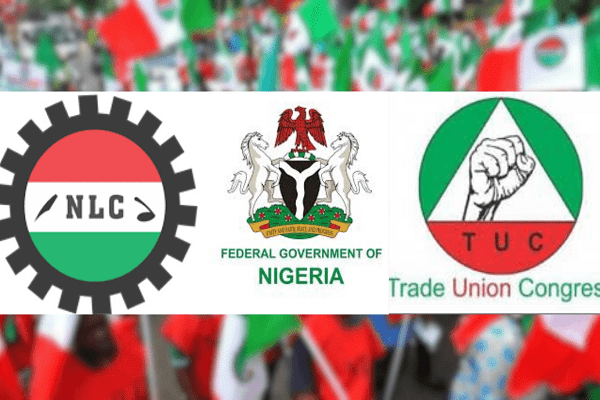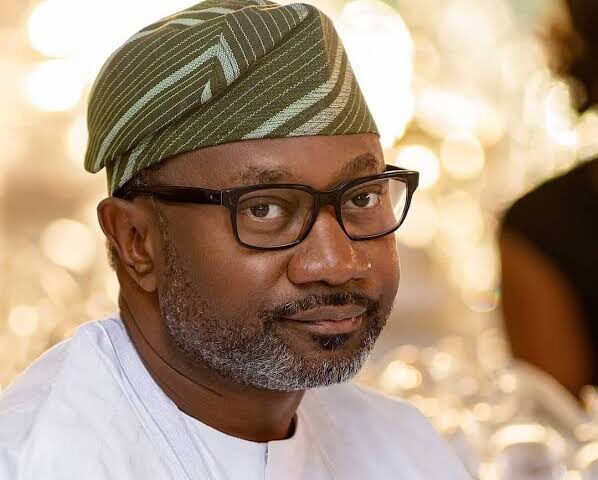In the latest round of negotiations for a new national minimum wage, tensions escalated as organized Labour rejected the Federal Government’s proposal of N54,000 during a meeting on Tuesday.
This rejection marks the third instance of deadlock in recent talks between the Nigeria Labour Congress (NLC), Trade Union Congress (TUC), and government representatives.
Join our WhatsApp Channel“We cannot accept such a proposal,” remarked Joe Ajaero, National President of the NLC, emphasizing their stance for a minimum wage of N615,000. Ajaero criticized the government’s offer as insufficient, lacking substantiated economic backing, and failing to address the current hardships faced by Nigerian families.
The negotiations, which were adjourned to Wednesday following the impasse, underscored deep-seated disagreements over what constitutes a fair wage in the face of escalating inflation and economic challenges. Government officials, however, defended their position, citing economic realities and the need for sustainable fiscal policies.
“We increased our offer to N54,000 in good faith, hoping to find common ground,” stated a government source familiar with the negotiations. The source, who spoke on condition of anonymity, expressed disappointment at labour’s reluctance to compromise.
Labour leaders, on the other hand, voiced frustration over what they perceive as the government’s lack of seriousness in addressing workers’ concerns. “It’s embarrassing to offer such a paltry sum,” remarked a senior labour official, highlighting the disparity between the proposed wage and current private sector earnings.
Professor Theophilus Ndubuaku, Deputy President of NLC’s Political Commission, criticized the government’s approach as insensitive and out of touch with the realities faced by ordinary Nigerians. “We are negotiating as if with aliens,” Ndubuaku lamented, suggesting that the government’s offers do not reflect the dire economic circumstances affecting the populace.
As negotiations remain deadlocked, speculation mounts about the next steps for organised labour. “If the government continues with this stance, workers may resort to drastic measures,” warned Ndubuaku, hinting at the possibility of industrial action if an acceptable agreement is not reached soon.
The Campaign for Democratic and Workers’ Rights (CDWR) echoed these sentiments, labeling the government’s proposals as inadequate and reflective of a broader agenda to preserve elite interests at the expense of the working class. The group criticized lavish expenditures by government officials while claiming the inability to meet workers’ basic wage demands.
Looking ahead, the fate of the minimum wage negotiations hangs in the balance as labour prepares to reconvene talks. With both sides entrenched in their positions, the outcome will not only impact millions of Nigerian workers but also test the government’s commitment to equitable economic policies in a challenging socio-economic environment.
The stalemate underscores broader issues of economic inequality and the urgent need for policies that prioritize the well-being of all citizens. As the nation awaits further developments, the question remains whether compromise and consensus can be achieved to avert potential unrest and ensure a fair wage for Nigerian workers.
Emmanuel Ochayi is a journalist. He is a graduate of the University of Lagos, School of first choice and the nations pride. Emmanuel is keen on exploring writing angles in different areas, including Business, climate change, politics, Education, and others.




















Follow Us